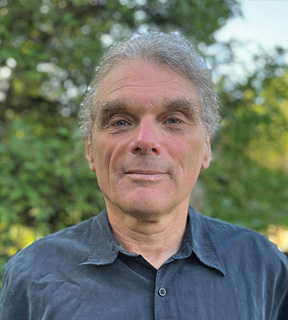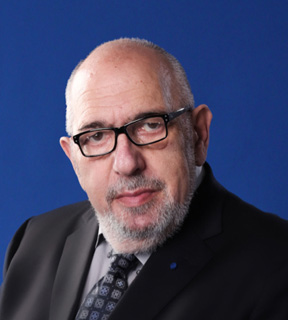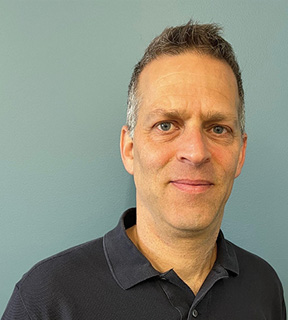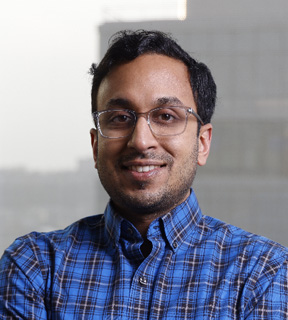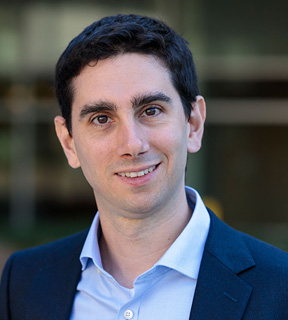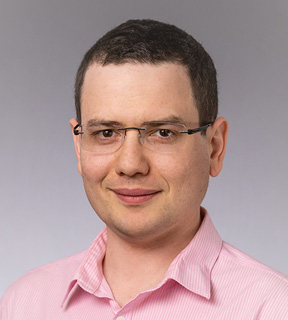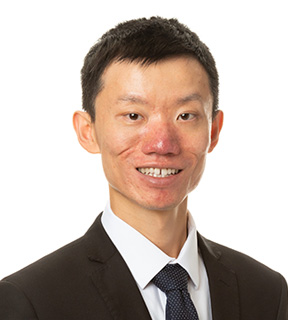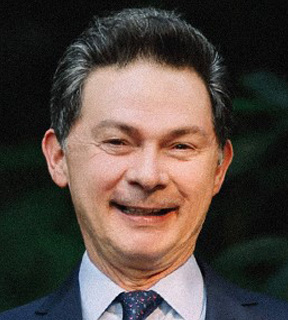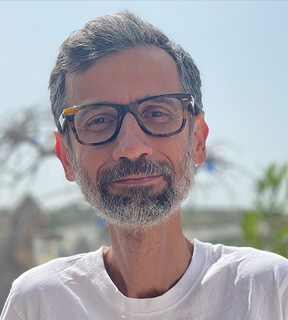Congratulations to the 42 newly elected Fellows of the Econometric Society. That's up from 29 new Fellows elected in 2023, which is a step towards the goal (about which I blogged last year*) of electing more Fellows. But elections depend on recognition that isn't equally available to every specialty and geography, so there are still many nominees and others who would be jewels in the crown of the Society.
"The Society is pleased to announce the election of 42 new Fellows of the Econometric Society. The 2024 Fellows of the Econometric Society follow.
Jerome Adda, Bocconi University
Cristina Arellano, Federal Reserve Bank of Minneapolis (Secondary affiliation: Latin America)
Costas Arkolakis, Yale University
John Asker, University of California, Los Angeles (Secondary affiliation: Australasia)
David Atkin, Massachusetts Institute of Technology
Paul Beaudry, University of British Columbia
Sascha O. Becker, University of Warwick and Monash University
Sandra E. Black, Columbia University
Estelle Cantillon, Universite Libre de Bruxelles
Alessandra Casella, Columbia University
Thomas Chaney, University of Southern California
David Dorn, University of Zurich
Janice Eberly, Northwestern University, Kellogg School of Management
Kfir Eliaz, Tel Aviv University
Erica Field, Duke University
Andrea Galeotti, London Business School
Francisco Gallego, Pontificia Universidad Caatolica de Chile
Maitreesh Ghatak, London School of Economics (Secondary affiliation: Asia)
Olivier Gossner, CNRS - CREST; London School of Economics
Ayşe Ökten İmrohoroğlu, University of Southern California
Henrik Kleven, Princeton University
Kala Krishna, The Pennsylvania State University
Jeanne Lafortune, Pontificia Universidad Catolica de Chile
Francesco Lippi, LUISS University; Einaudi Institute for Economics and Finance
Deborah J. Lucas, Massachusetts Institute of Technology
Annamaria Lusardi, Stanford University
N. Gregory Mankiw, Harvard University
Kalina Manova, University College London
Elena Manresa, New York University
Enrique G. Mendoza, University of Pennsylvania (Secondary affiliation: Latin America)
Ismael Y. Mourifie, Washington University in St Louis (Secondary affiliation: Africa)
Barry Nalebuff, Yale School of Management
Andrew Newman, Boston University
Efe A. Ok, New York University
Guillermo Ordonez, University of Pennsylvania
Maria Petrova, Universitat Pompeu Fabra
Mar Reguant, IAE-CSIC; Northwestern University
Diego Restuccia, University of Toronto
Andrés Rodríguez-Clare, University of California, Berkeley (Secondary affiliation: Latin America)
Andrea Weber, Central European University
Luigi Zingales, University of Chicago Booth School of Business
Gabriel Zucman, Paris School of Economics; University of California, Berkeley
Finally, the Society would like to express its gratitude to the members of the 2024 Fellows Nominating Committee: Jan Eeckhout (chair), Mariacristina De Nardi, Marcela Eslava, Richard Holden, Yuichi Kitamura, Yaw Nyarko, and Nathan Nunn."
As I wrote last year, Congratulations again to the new Fellows, who have received the carefully considered and frugally awarded applause of their peers.
##########
*Last year:
